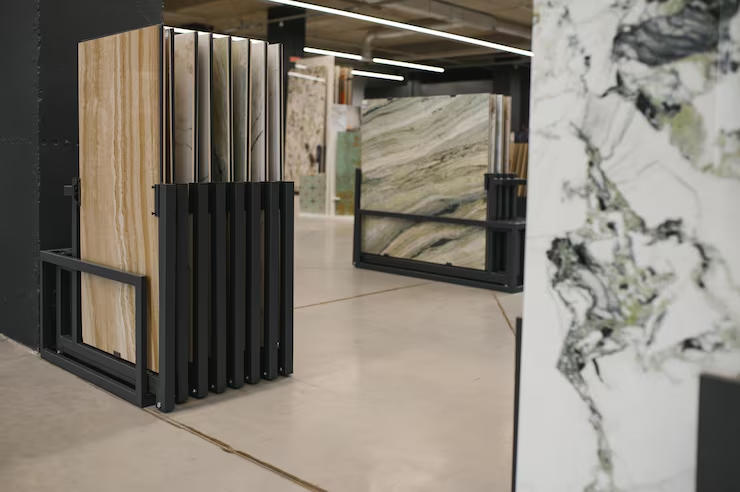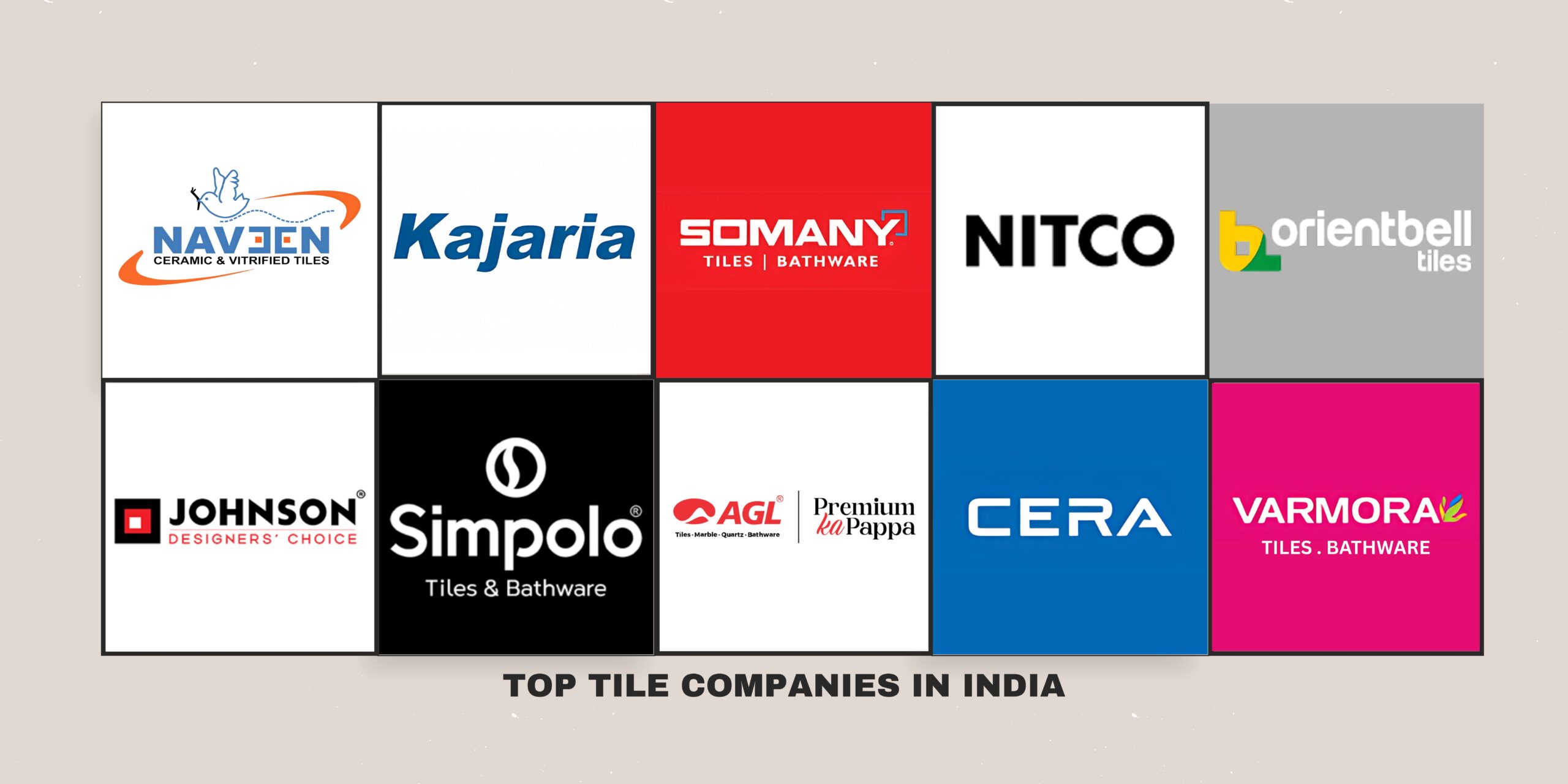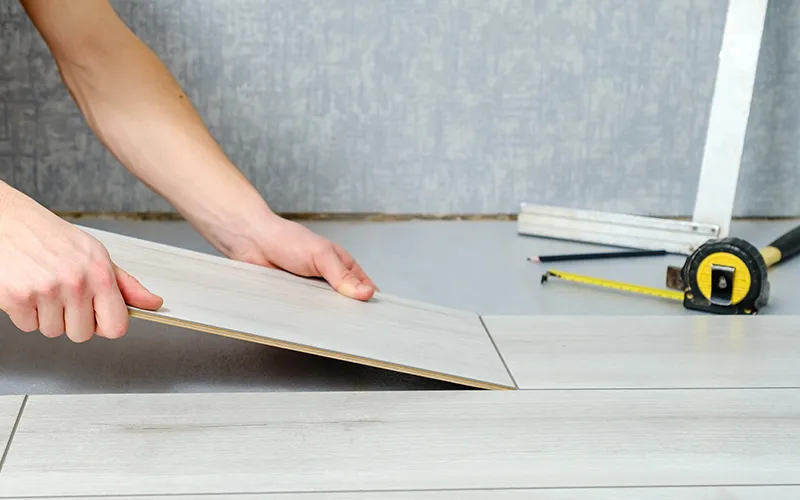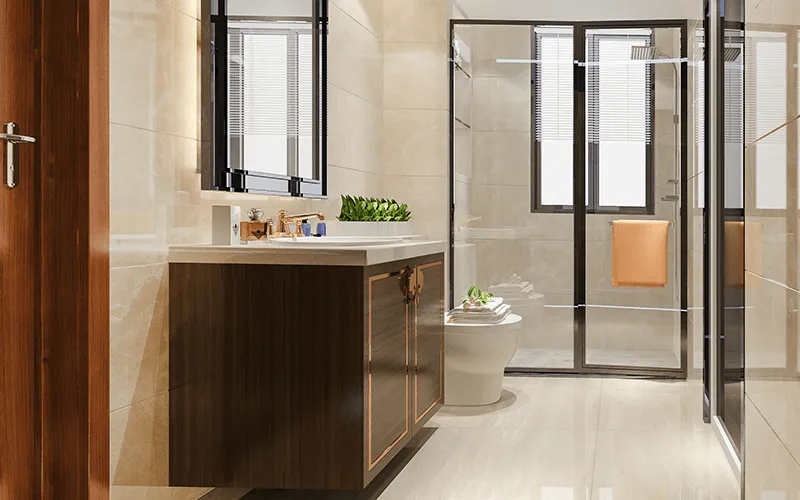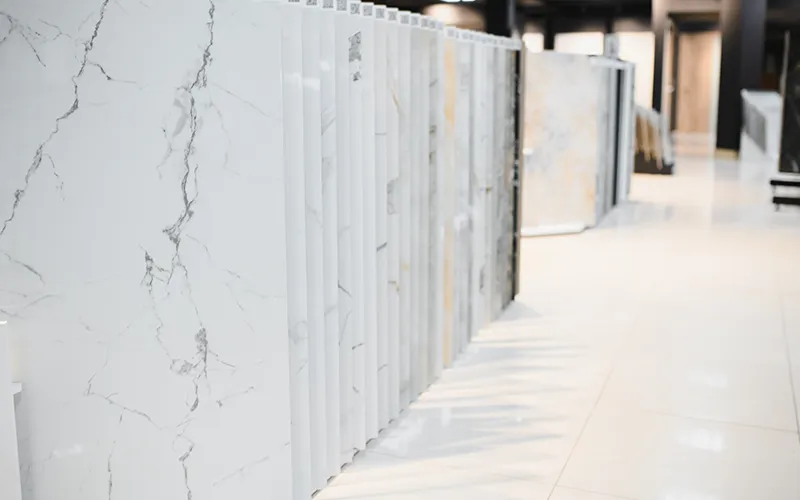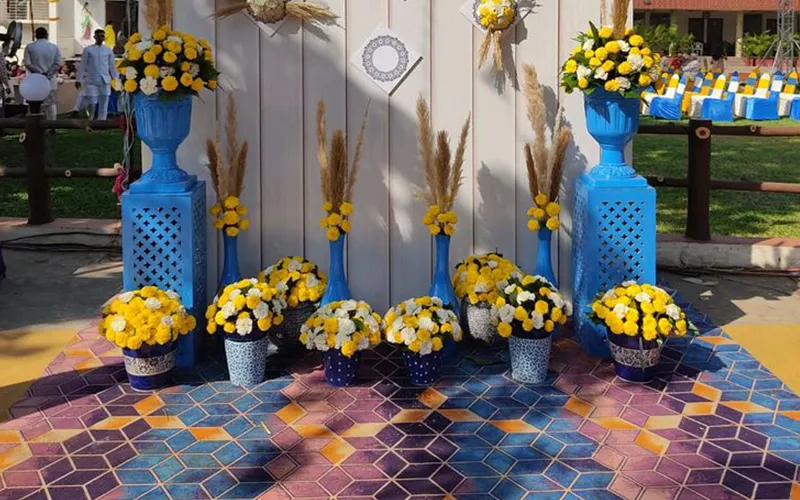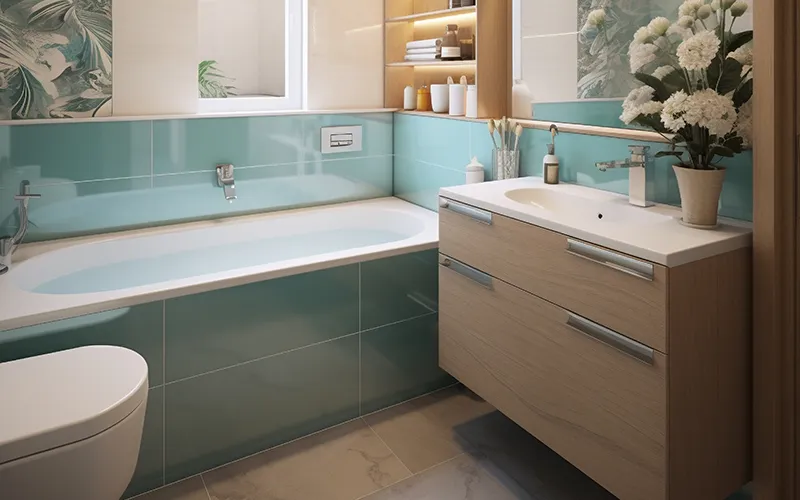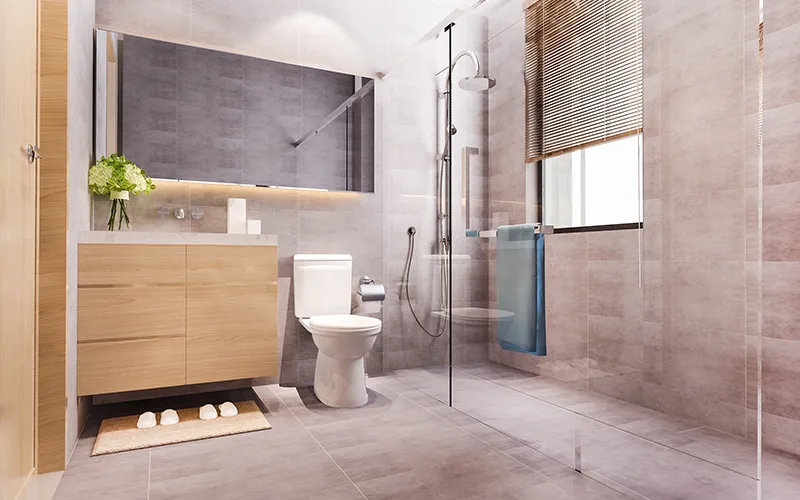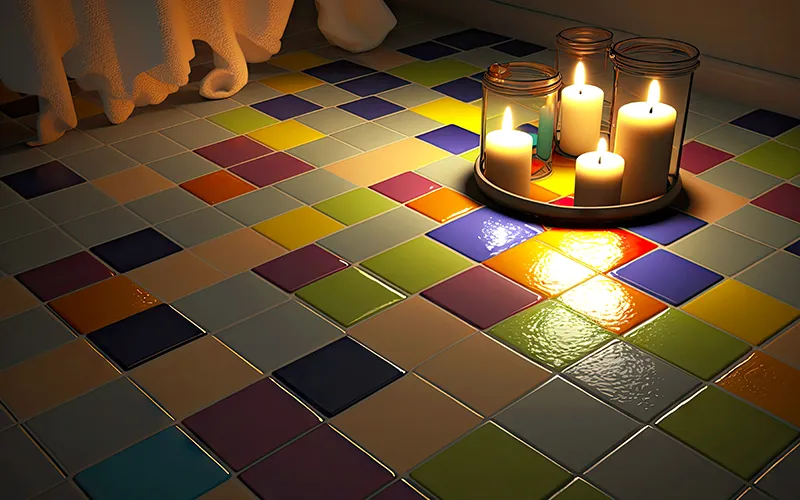The Science Behind Vitrified Tiles: Durability, Performance, and Elegance

Vitrified tiles have earned their place as a popular choice for modern interiors due to their exceptional durability, aesthetic appeal, and versatility. But what exactly sets vitrified tiles apart from other flooring options? The answer lies in the intricate science behind their composition and production. In this insightful exploration, we’ll delve into the fascinating science that makes vitrified tiles a preferred flooring solution for homes and commercial spaces alike.
Vitrification: The Heart of Vitrified Tiles
The term “vitrify” originates from the Latin word “vitrum,” which means glass. Vitrification is a process that involves transforming a substance into glass or a glass-like substance. Vitrified tiles are a result of this scientific marvel. These tiles are created through a meticulous combination of clay, silica, and other raw materials. The mixture is subjected to extremely high temperatures, causing the particles to fuse together and form a glass-like matrix.
Understanding the Vitrification Process
During firing, the mixture of raw materials undergoes a process called sintering. Sintering involves the particles becoming tightly packed and bonding together at the molecular level. As the temperature increases, the particles begin to melt and fuse, creating a dense and non-porous structure. This unique structure gives vitrified tiles their characteristic qualities: durability, water resistance, and stain resistance.
Advantages of Vitrified Tiles
- Durability: The vitrification process imparts exceptional strength to the tiles. They are less prone to cracks, chips, and wear and tear, making them an ideal choice for high-traffic areas in homes and commercial spaces.
- Water Resistance: The non-porous nature of vitrified tiles prevents water absorption. This quality is particularly beneficial in areas exposed to moisture, such as bathrooms and kitchens, where water damage is a common concern.
- Stain Resistance: Vitrified tiles’ low porosity prevents liquids and stains from penetrating the surface. This feature makes cleaning spills and maintaining the tiles significantly easier.
- Design Versatility: The science behind vitrified tiles allows for a wide range of designs, colors, and patterns. These tiles can mimic the appearance of natural stone, wood, and even intricate mosaic designs.
The Role of Nano-Technology
Advancements in technology have further enhanced the properties of vitrified tiles. Nano-technology involves applying nano-sized particles onto the surface of the tiles. This process provides additional benefits, including enhanced scratch resistance, improved slip resistance, and antibacterial properties. Nano-technology has revolutionised the world of vitrified tiles, making them even more suitable for modern living.
Energy-Efficient Production
The science behind vitrified tiles isn’t limited to their end properties; it extends to their production process as well. Manufacturers have adopted energy-efficient practices, such as recycling waste heat from kilns and minimizing water usage. This commitment to sustainability aligns with the growing environmental consciousness of consumers.
Conclusion: The Art and Science of Elegance
Vitrified tiles are a harmonious blend of artistry and scientific innovation. Their creation involves manipulating the elements at the molecular level to achieve a unique balance of strength, aesthetics, and practicality. The intricate science behind vitrified tiles ensures they surpass traditional flooring options in terms of durability, water resistance, and design versatility. As technology continues to evolve, we can expect even more innovations that push the boundaries of what vitrified tiles can offer.
When you walk across the smooth, gleaming surface of vitrified tiles, you’re experiencing the culmination of centuries of scientific knowledge and ingenuity. From ancient glass-making techniques to cutting-edge nano-technology, every tile represents a journey through time, tradition, and innovation. So, the next time you admire the elegance of vitrified tiles, remember that their beauty is as much a result of science as it is of art.
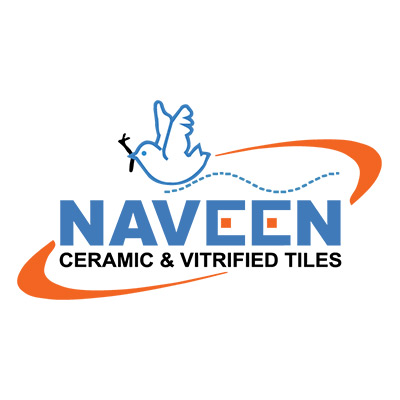
Admin
Naveen Tile, India's leading tile company and a flagship brand of Murudeshwar Ceramics Limited, commands 42+ years of industry expertise. Its unwavering commitment to manufacturing excellence and quality establishes it as the trusted authority for residential and commercial tile solutions nationwide. Naveen tile’s experts share up-to-date, reliable insights on all tile related topics with a commitment to delivering helpful guides and expert tips.
Request a callback
Need Help? Contact us!


 Cart
Cart

